Since you are not using vue-router, I don't think you'll be able to access your params. So your only chance is to use the URL api as:
const url = new URL(window.location.href);
const getParam = url.searchParams.get('foo');
This will give you the value of foo in ?foo=bar
Alternatively, you can do something like this.
new Vue({
el: '#app',
data () {
return {
params: window.location.href.substr(window.location.href.indexOf('?'))
}
},
methods: {
getParam (p) {
let param = new URLSearchParams(this.params);
if(param.has(p)){
return param.get(p)
}else{
false
}
}
},
})
Now, just get the param using getParam('foo')
